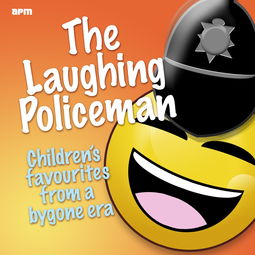
Hives from a Mosquito Bite: A Comprehensive Guide
Have you ever experienced those itchy, red bumps on your skin after a mosquito bite? Those are hives, and they can be quite uncomfortable. In this article, we will delve into the details of hives from a mosquito bite, exploring their causes, symptoms, treatment, and prevention methods.
Understanding Hives

Hives, also known as urticaria, are raised, itchy, and sometimes painful swellings on the skin. They can appear anywhere on the body and can vary in size from a few millimeters to several centimeters. Hives are often caused by an allergic reaction to a substance, such as a mosquito bite.
Causes of Hives from a Mosquito Bite

Mosquito bites can trigger an allergic reaction in some individuals, leading to the development of hives. The mosquito’s saliva contains proteins that can cause an immune response in the body, resulting in the release of histamine and other chemicals that cause the skin to swell and become itchy.
| Component | Description |
|---|---|
| Antigen | Substance that triggers an immune response |
| B-Cells | White blood cells that produce antibodies |
| Antibodies | Proteins that bind to antigens and help eliminate them |
| Immune Response | Series of reactions that occur when the body encounters an antigen |
Symptoms of Hives from a Mosquito Bite

The symptoms of hives from a mosquito bite can vary from person to person. Common symptoms include:
- Red, itchy bumps on the skin
- Swelling of the affected area
- Pain or tenderness
- Discomfort or anxiety due to itching
Treatment of Hives from a Mosquito Bite
Most cases of hives from a mosquito bite are mild and resolve on their own within a few days. However, there are several treatment options available to alleviate symptoms and provide relief:
- Antihistamines: These medications can help reduce itching and swelling. Common antihistamines include diphenhydramine (Benadryl) and cetirizine (Zyrtec).
- Cool Compresses: Applying a cool, wet compress to the affected area can help reduce swelling and itching.
- Topical Creams: Over-the-counter hydrocortisone cream can help reduce inflammation and itching.
- Oral Steroids: In severe cases, a healthcare provider may prescribe oral steroids to reduce inflammation and swelling.
Prevention of Hives from a Mosquito Bite
Preventing hives from a mosquito bite involves avoiding exposure to mosquitoes and taking steps to reduce the risk of an allergic reaction:
- Use Insect Repellent: Apply a mosquito repellent containing DEET, picaridin, or oil of lemon eucalyptus to exposed skin and clothing.
- Wear Protective Clothing: Long-sleeved shirts, pants, and socks can help reduce the amount of skin exposed to mosquitoes.
- Remove Standing Water: Mosquitoes breed in standing water, so it’s important to remove any containers that collect water, such as buckets, flower pots, and bird baths.
- Use Screens: Install screens on windows and doors to prevent mosquitoes from entering your home.
Conclusion
Hives from a mosquito bite can be an uncomfortable and itchy experience. However, with proper treatment and prevention methods, you can manage and reduce the risk of hives. Remember to consult a healthcare provider if your symptoms persist or


